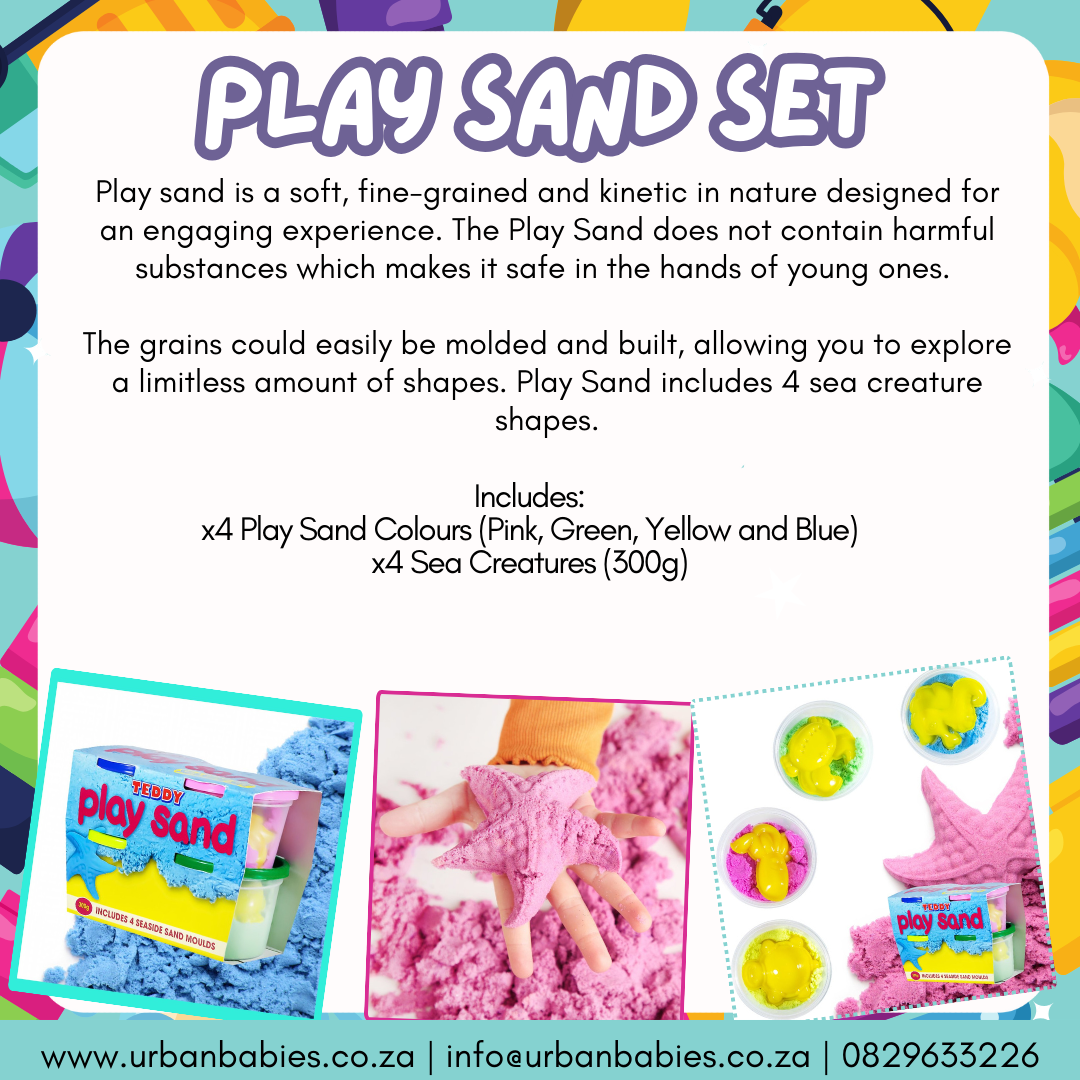
In the realm of early childhood development, sensory play is a powerful tool that stimulates creativity, cognitive growth, and emotional regulation. Sensory play sand, in particular, offers unique benefits that make it an essential component of a young child’s developmental journey.
1. Enhancing Fine Motor Skills
Sensory play sand provides a tactile experience that encourages children to manipulate, shape, and mold the material. These activities engage the small muscles in their hands and fingers, crucial for developing fine motor skills. As children dig, pour, and sift the sand, they strengthen their dexterity and hand-eye coordination, which are foundational for tasks such as writing and buttoning clothes.
2. Encouraging Creativity and Imagination
The open-ended nature of sensory play sand allows children to express their creativity and imagination freely. With no specific instructions, kids can create castles, roads, or abstract shapes, exploring endless possibilities. This type of play promotes problem-solving skills as children plan and execute their ideas, fostering self-expression and innovation.
3. Supporting Sensory Exploration
Sensory play sand engages multiple senses, providing a rich environment for exploration and learning. Children can feel the texture of the sand, listen to the sound it makes as it trickles through their fingers, and observe its transformation when wet or dry. Such multi-sensory experiences are vital in developing neural pathways that aid in processing sensory information effectively.
4. Promoting Emotional Well-being
Playing with sensory sand can have a calming effect on children, helping to reduce stress and anxiety. The repetitive and soothing nature of scooping and pouring can serve as a meditative activity, allowing children to regulate their emotions and develop patience. This form of play provides a safe space for children to express their feelings and build resilience.
5. Facilitating Social Interaction
Sensory play sand is often a shared activity, encouraging social interaction and cooperation. Children learn to communicate, negotiate, and share tools and ideas as they play together. This interaction is crucial for developing social skills and empathy, preparing children for collaborative environments in school and beyond.
Incorporating sensory play sand into early childhood development practices not only enriches the learning experience but also lays a strong foundation for a child’s future growth. Its multifaceted benefits make it an invaluable resource for parents, educators, and caregivers aiming to nurture well-rounded, curious, and confident young individuals.